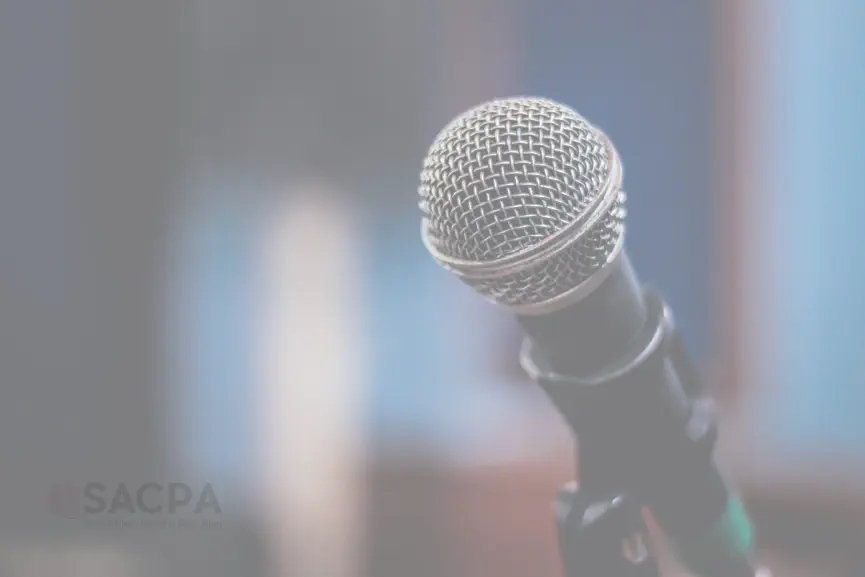
The answers to these questions are clear but not widely known. Juries are completely free to return any verdict they wish to return. Juries are not constrained in this by the law. There is no penalty for coming to whatever verdict the jury wishes to come to. Coming to a verdict which is at odds with the letter of the law is called jury nullification. Juries can, in effect, nullify the law. Juries, in regard to their verdicts, are free of the law and of judicial instruction.
Jury nullification is not a frequent occurrence, but arises in cases where the law seems at odds with justice. The most famous case in Canada was that of Henry Morgentaler, who was tried four times for conducting abortions in the 1970s and 80s when this was clearly illegal. There was no question that Morgentaler had conducted abortions in defiance of the law; he publicly admitted to having conducted thousands of them and even conducted one on television. But none of his four juries would convict him.
Why don’t more people know about this power of jury nullification? Most judges want juries to follow the law and render verdicts accordingly, and they do everything they can to suppress the possibility of juries acting independently of the law. That is understandable: judges are agents of the legal system and their job is to make the system work. So they correctly emphasize the law in their instructions to juries. We ought not to expect them to do otherwise.
It would seem reasonable then, that defense lawyers could tell juries that they have this right. But in Canada, lawyers are prohibited from mentioning that possibility to juries. It is all a big secret and as such, it is not available to most juries. If they do not know about this power they cannot use it. The speaker will contend that some Canadian defendants may be blocked from having the benefit of an independent jury, which arguable could be a violation of the Charter of Rights and Freedoms.
Speaker: Gary Bauslaugh
Gary Bauslaugh is a writer and editor who spent many years as teacher and administrator in the BC College and University system, ending with a stint in 1994 to 98 as CEO of a Provincial education agency. Bauslaugh, who has a PhD in Chemistry from McGill, has written scientific research papers as well as many articles for various publications such as The Skeptical Inquirer, The Humanist, Humanist Perspectives, University Affairs and Policy Options. In the early 2000’s he wrote a series of seventeen op ed articles for the Vancouver Sun. He was Editor of the magazine Humanist Perspectives (previously The Humanist in Canada) from 2003 to 2008. His book on the Robert Latimer mercy-killing case, Robert Latimer, A Story of Justice and Mercy, was published in 2010. His most recent book is titled The Secret Power of Juries